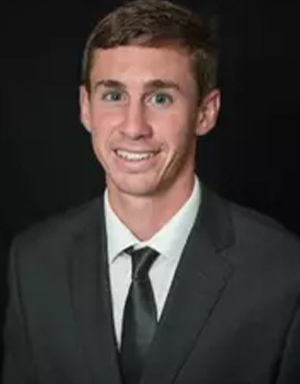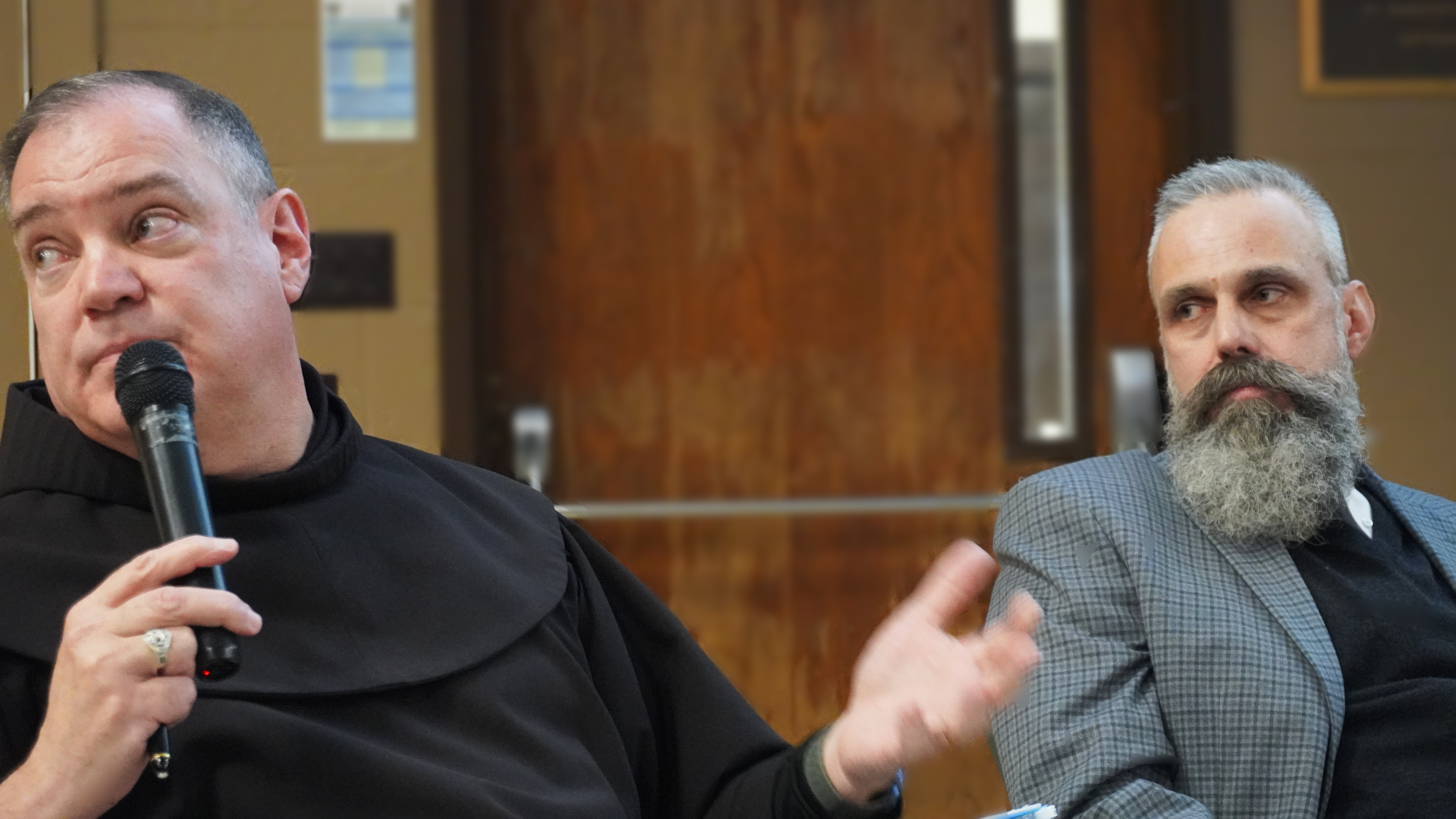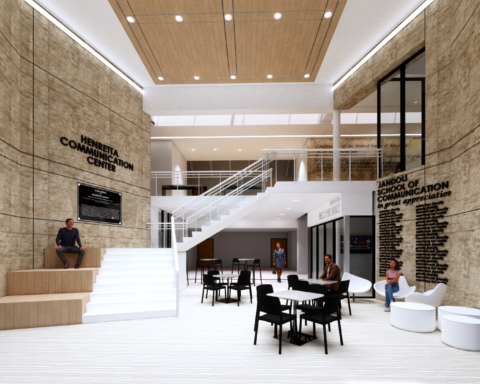For years, members of St. Bonaventure University’s Medical Emergencies Response Team (MERT) have responded to on-campus emergency calls to assist their fellow students. With the university’s enrollment growing, MERT is preparing for the impact the increased student population could have on the organization’s ability to serve the campus.
Today, MERT has over 60 members and typically receives more than 100 calls each year.
“I would say MERT receives somewhere upwards of 120 calls each year. It fluctuates a bit every year, but we really are pretty consistent on that number,” said Hamaad Khan, senior psychology major and MERT Chief. “However, more people mean more calls, so with the increased enrollment we are preparing for an increase in call volume.”
One way MERT is preparing for the increase is through new training methods, including scenario-based training.
“Essentially, we had student volunteers on campus who came in as actors pretending to be patients or bystanders in a scenario, and then we had our teams go in as if it was a real call,” said Khan. “The point of that is to keep us updated on calls that we don’t get often, but that we still may get. We switched around our training a little bit so that it became more realistic, like a simulation in a sense, instead of a lecture. We are hoping that our organization will be more prepared for any sort of event that we could have on campus.”
MERT is also evaluating trends in the numbers and types of calls it receives. When it comes to alcohol-related MERT calls over the years, Khan said the numbers have remained relatively consistent. From the start of this school year through Oct. 1, MERT received 28 calls, with six of them being alcohol related. During that same time period last year, there were 26 total calls, with nine of them being related to alcohol.
However, Khan had noticed one change when it comes to alcohol-related MERT calls.
“I think I’ve seen an increase in people’s willingness to call, which is a good thing. I hope that continues. There is not as much of a stigma as there was when I first came in, and I’m hoping that continues to go down. Really, we are just here to help,” he said.
According to the 2018 Annual Campus and Fire Safety Report, there have been a combined total of 561 liquor law violations from 2016 to 2018; 164 in 2016, 192 in 2017 and 205 in 2018.
Khan said there are some misconceptions about MERT, especially concerning alcohol. One is that students will get in trouble for calling MERT for an alcohol-related issue.
“We are not focused on getting students in trouble. If you call, you don’t get penalized or in trouble for it. Literally our only job is to make sure that you are going to be okay, regardless of whether it’s alcohol-related or not. Our objective is to make sure you’re okay, and that’s all that matters to us,” said Khan.
Khan also believed some students don’t understand MERT’s full role.
“It seems like the idea students have is that MERT is just there for alcohol-related calls, but we treat more traumatic injuries than we treat alcohol-related stuff. Traumatic injuries can be anything from strains, sprains, and breaks to cuts, bruises, scratches, you name it,” said Khan.
Ultimately, Khan wants students to know that MERT’s purpose is to help, and that its members understand the challenges and pressures students face.
“We’re your peers. We have school, we have work, we have family, we have all of that. We’re no different than anyone else,” said Khan. “The one thing I would want everyone to know is just that we are always happy to answer questions and help as much as we can. If anyone is interested in joining, there’s always opportunity and there’s always a need for it.”
For more information about joining MERT, Khan can be contacted via email at khanha16@bonaventure.edu.
By Elizabeth Pantano, Staff Writer
pantanem@bonaventure.edu








